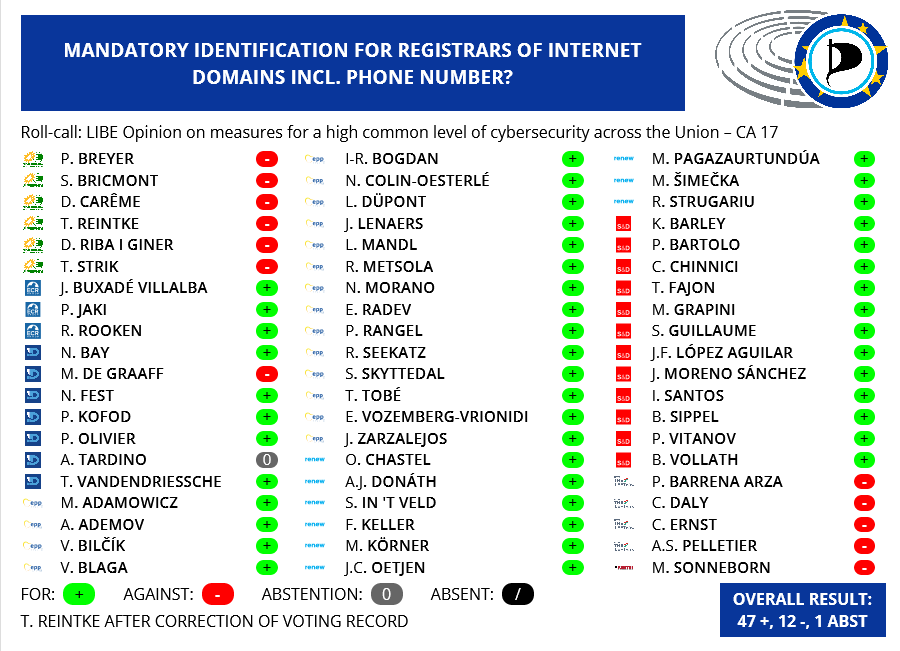
🇬🇧 EU encryption standards for cross-border exchange of biometric data are outdated and could be compromising the security of extremely sensitive personal information of EU citizens.
On #EuropeanCybersecurityMonth, find out why and how the EU could fix it! #ECSM
THREAD (1/5)🧵⬇
On #EuropeanCybersecurityMonth, find out why and how the EU could fix it! #ECSM
THREAD (1/5)🧵⬇

In 2008, the EU agreed on encryption standards for police cooperation between Member States. These long outdated provisions caught the attention of the press when they were copy-pasted into the EU-UK Trade and Cooperation Agreement (2/5) theguardian.com/politics/2020/…
We decided to investigate and found that the 2008 law, which is still in force today, mandates the use of encryption standards shown to be flawed in the 2010s. The law has not been updated since. (3/5)
In answer to our written question on the matter, EU officials said they have "no information on the use of encryption standards other than those in the [legislation]". If this is the case, then the biometric data of millions of citizens is at risk! (4/5)
The upcoming EU Cyber Resilience Act will be an opportunity to address this issue, set high minimum standards for encryption and data security, ensure those standards are regularly updated to match technological progress, and protect the data of European Citizens! (5/5)
• • •
Missing some Tweet in this thread? You can try to
force a refresh






